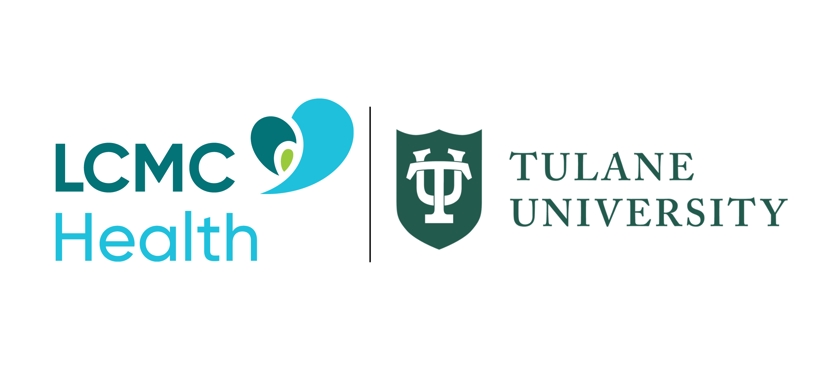Celebrate National Blood Donor Month with a blood donation
- Category: Primary Care, Blood Bank
- Posted on:

There’s a desperate need for blood donations in the United States today. This National Blood Donor Month, take a few minutes to learn why—and how you can help.
Every two seconds, someone in the U.S. requires a blood transfusion. A large and steady blood supply is necessary to meet that need, both nationwide and on a local level here in Louisiana.
In this case, the need is greater than the supply. Of the 340 million people in our country, approximately 6.8 million people donate blood in any given year. Only 3% of those who are eligible to donate blood actually do so.
Why there’s a National Blood Donor Month
National Blood Donor Month was established in December 1969. January was set aside as the awareness month because the need for blood is particularly high during that month.
While our temperatures down here in NOLA don’t usually turn frigid, at least not for long, January temperatures can keep people indoors—and when snow falls, travel can become perilous.
Add to that the natural downturn of blood donors during the holiday season, when life is crazy and chaotic, and it often adds up to critical blood shortages during the first month of the year.
This month is set aside to raise awareness about the need for blood donations and encourage those who are eligible to donate when they can.
Shining a light on the need for blood donations
Blood donation is needed year-round, but it’s especially important right now. The U.S. is experiencing a significant blood shortage, creating a dangerous situation for Americans in need of blood transfusions.
The American Red Cross declared a national blood shortage on Sept. 11 of last year due to a critically low blood supply. At the time, they estimated more than 10,000 blood products needed to be collected each week for more than a month for blood supply to return to an appropriate level.
While all types of voluntary blood donors are needed, there’s a particular need for Type O blood, as well as platelet donations.
The national blood shortage has also been felt closer to home. The Blood Center, which is the primary supplier of blood, blood components and plasma derivatives to hospitals in southern Louisiana and Mississippi, reported that the inventory of blood was “critically low” in a way that could jeopardize patient care.
As a result, they increased hours at mobile blood drives and at blood donations to provide more access for blood donors. To meet the ongoing need for blood transfusions in our area, hundreds of pints of donated blood are needed on a daily basis.
Who’s eligible to donate blood
We can all play a role in boosting blood donations in the United States and here at home. Wondering whether you’re eligible?
The basic requirements are quite simple. You can donate blood if you’re 17 or older (or 16 with parental consent), you weigh at least 110 pounds, you’re in good health and feeling well, and you last donated blood at least 56 days ago.
There are often additional requirements for donating specific types or components of blood, such as platelets.
Blood donation typically takes no longer than an hour of your time, and a blood donation can be lifesaving. Cancer patients, those with blood disorders, and people with traumatic injuries all benefit from blood transfusions.
Even if you aren’t eligible to donate, you can make a difference. Check into volunteering at a blood drive or blood donation site. Most importantly, though: Encourage those in your life who can donate to donate!
Looking to celebrate National Blood Donor Month by donating blood? Get the details.

